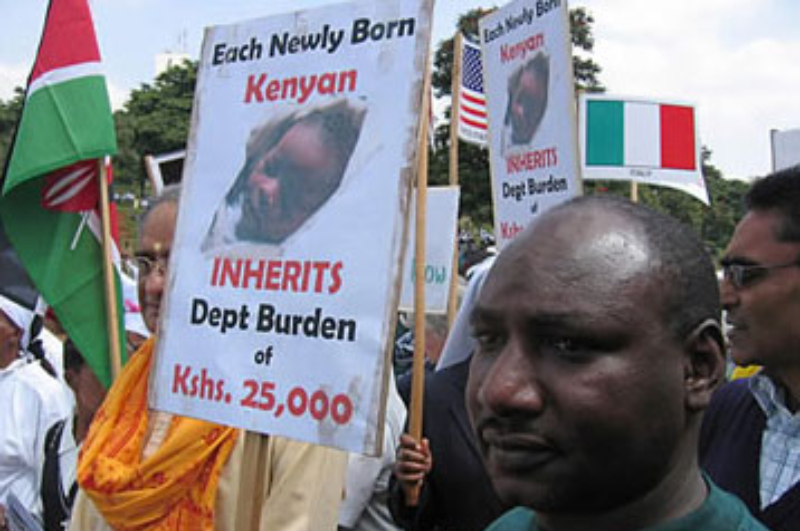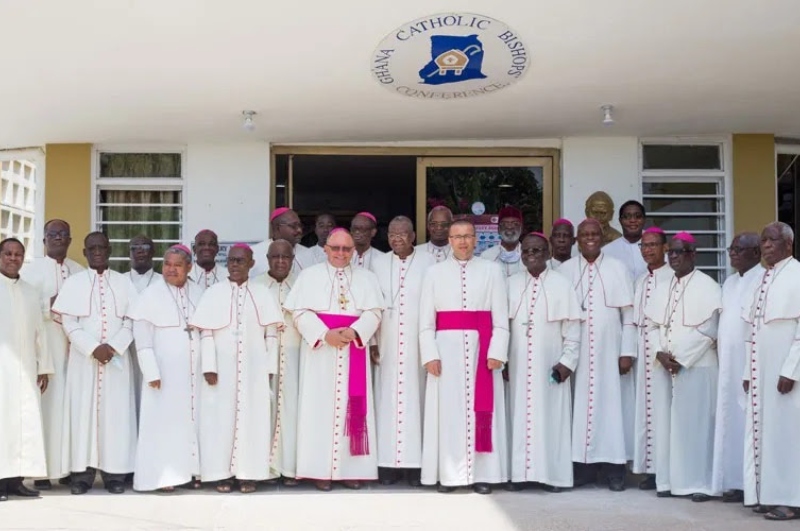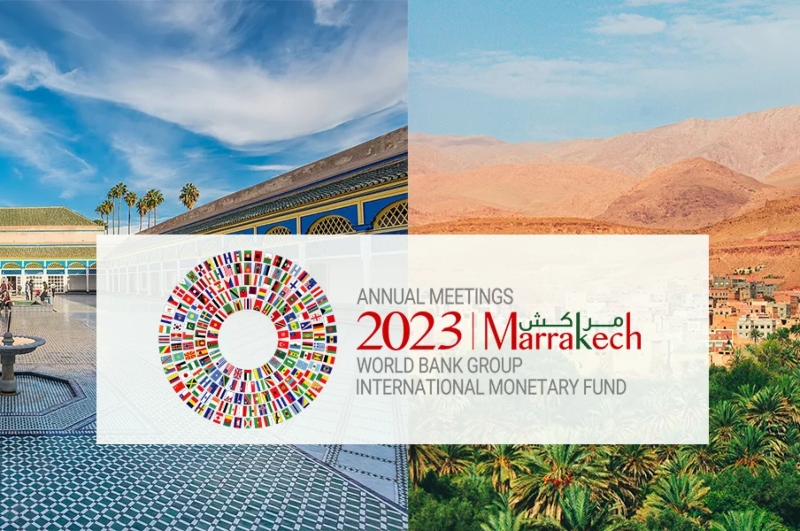

In an age where the choices made by countries, especially in Africa, can ignite widespread dissent, it's imperative for international institutions to not just listen but actively incorporate the perspectives and needs of the nations they seek to assist. As Marrakech becomes the focal point of economic discourse, the hope is that these meetings will mark a turning point in how the world views its relationship with Africa, ensuring that it's not just about aid but sustainable, inclusive growth.
It's been half a century since such a significant congregation took place on African soil. This strategic pivot to Africa, underscored by the presence of the globe's finance ministers, central bank governors, and top banking executives, is a notable shift, the last being in Nairobi, Kenya, in 1973 amidst the turbulence of the Yom Kippur War.
As the world grapples with wars, pronounced economic disparities, and the daunting challenges posed by climate change, the devastating earthquake in the hosting country Morocco that resulted in nearly $12 billion in damages serves as a stark reminder of the vulnerabilities many nations face. The IMF and World Bank, acknowledging their roles in global stability, have made a resolute commitment to prioritize Africa, especially in these tumultuous times.
IMF Managing Director Kristalina Georgieva, sharing the stage with African entrepreneurs, announced yesterday, “We’re here, Africa.” This declaration resonates even more given the assertion that the global economy lost a staggering $3.7 trillion due to unforeseen shocks since 2020. As institutions that often step in to salvage struggling economies, the IMF and World Bank have the arduous task of navigating the fine line between promoting stability, and growth and being mindful of the challenges unique to each nation, especially in Africa.
Fr Charlie Chilufya, the JENA director, who is in Marrakech attending the meetings, shared his insights, "The world's focus on Africa is not just essential but timely. As we unite to address the multifaceted challenges of our age, it's vital that Africa's voice is amplified, and its needs addressed holistically."
The criticisms of these institutions have not gone unheard. Many African officials argue that policies, that deny economies access to credit and loans based on the prerequisite of balanced budgets, often corner governments into making untenable decisions. This includes introducing tax reforms or slashing crucial subsidies for essential commodities such as food and energy.
Nadia Fettah, Morocco’s economy and finance minister, poignantly highlighted the conundrum many nations face, stating, “Emerging countries need all of this, and the future of growth in the world needs growth in Africa.” The recurring sentiment is clear — for the world to thrive, Africa must not be sidelined.
In an age where the choices made by countries, especially in Africa, can ignite widespread dissent, it's imperative for international institutions to not just listen but actively incorporate the perspectives and needs of the nations they seek to assist.
As Marrakech becomes the focal point of economic discourse, the hope is that these meetings will mark a turning point in how the world views its relationship with Africa, ensuring that it's not just about aid but sustainable, inclusive growth.
Related Articles
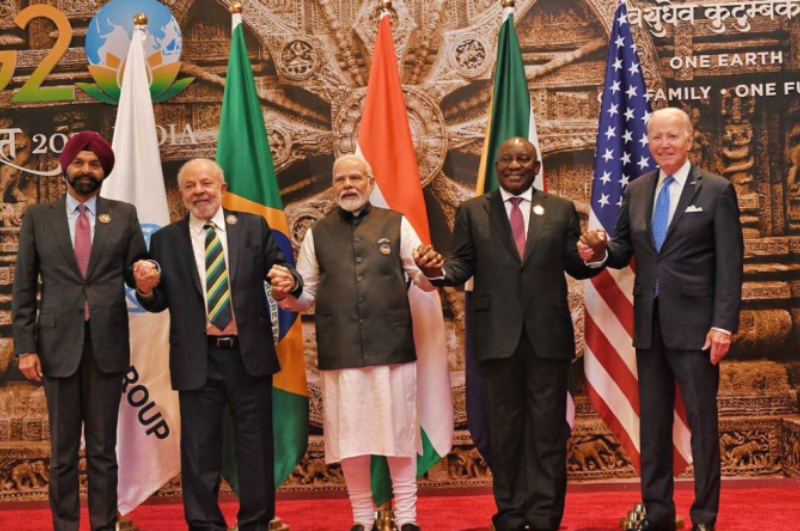
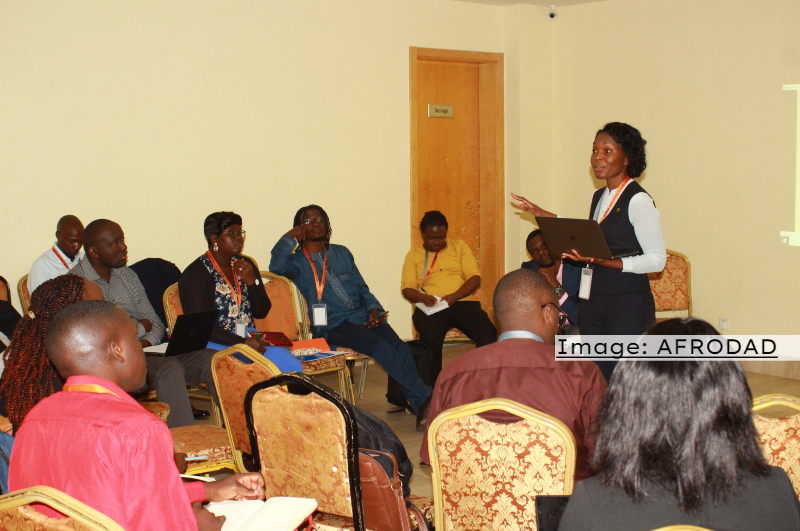
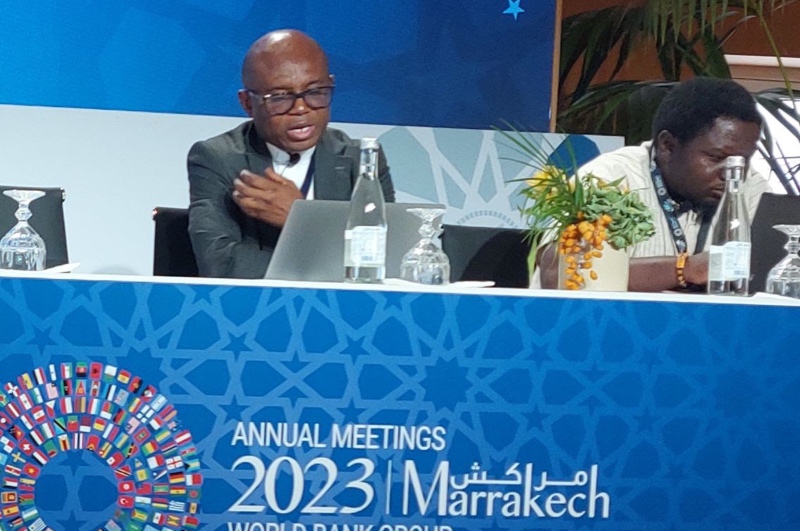
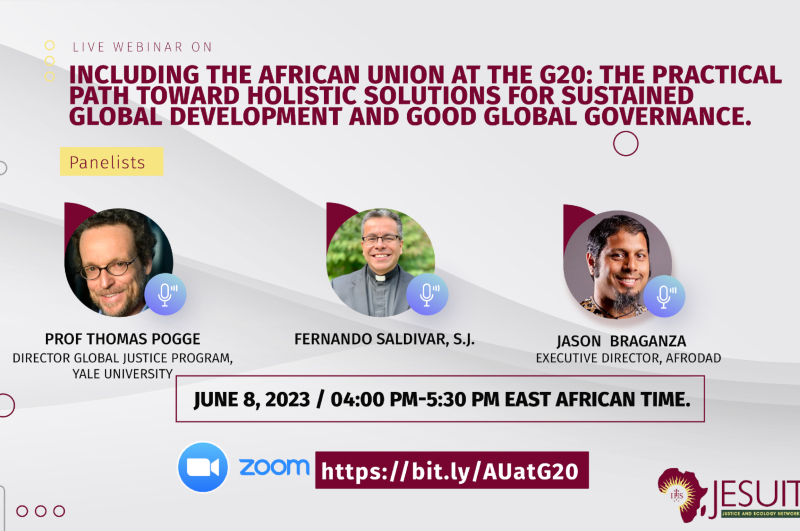
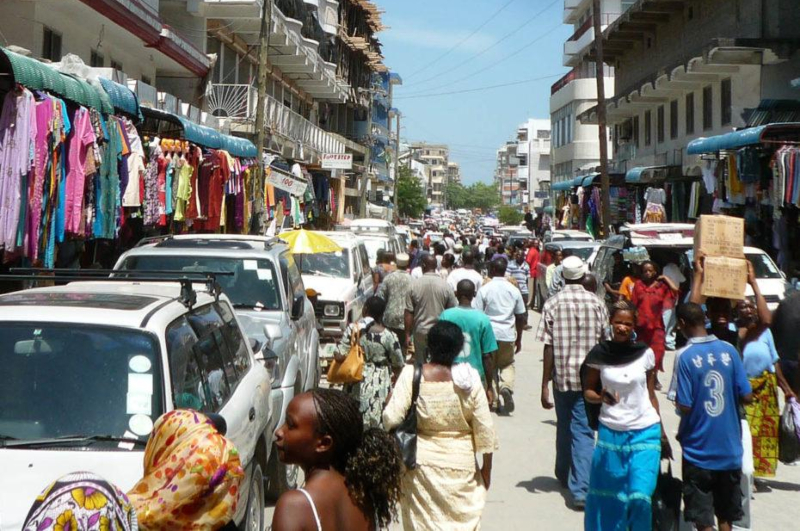
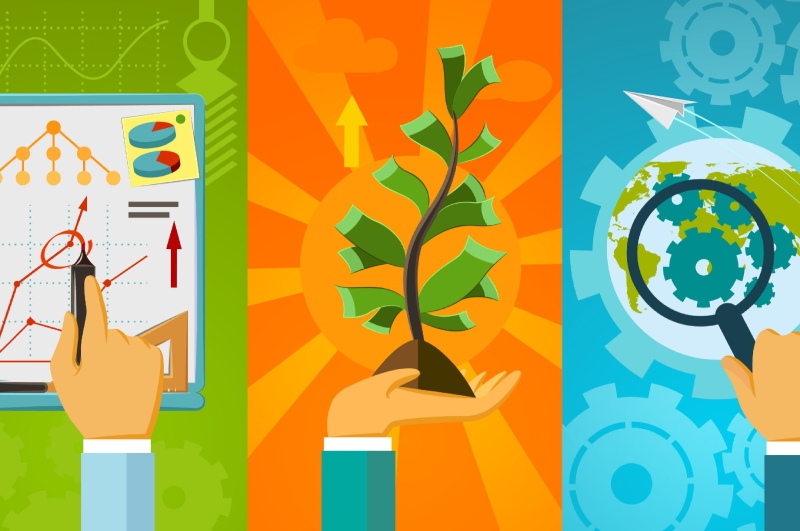
Select Payment Method
Pay by bank transfer
If you wish to make a donation by direct bank transfer please contact Fr Paul Hamill SJ treasurer@jesuits.africa. Fr Paul will get in touch with you about the best method of transfer for you and share account details with you. Donations can be one-off gifts or of any frequency; for example, you might wish to become a regular monthly donor of small amounts; that sort of reliable income can allow for very welcome forward planning in the development of the Society’s works in Africa and Madagascar.
Often it is easier to send a donation to an office within your own country and Fr Paul can advise on how that might be done. In some countries this kind of giving can also be recognised for tax relief and the necessary receipts will be issued.


